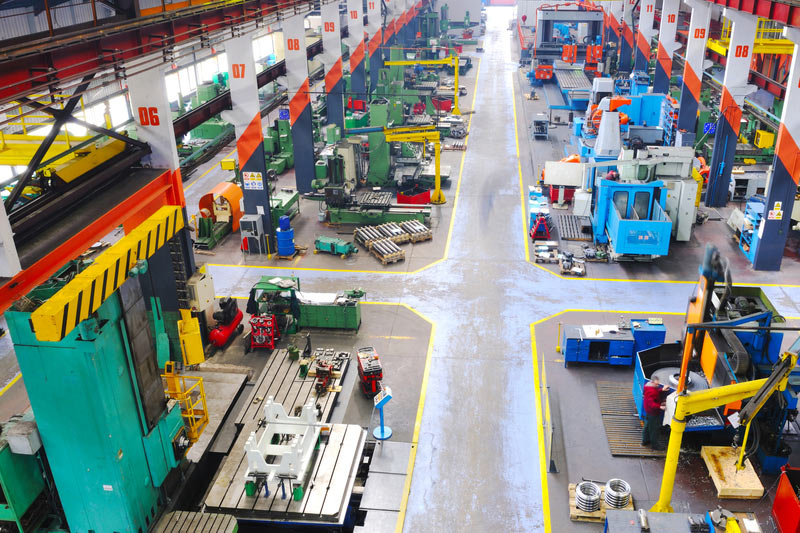WASHINGTON (Reuters) - U.S. wholesale inventories increased slightly less than initially estimated in August amid a surge in sales, but still suggested that inventory investment could help to blunt the blow to the economy from Hurricanes Harvey and Irma.
The Commerce Department said on Friday that wholesale inventories rose 0.9 percent, the biggest gain since November 2016, after an unrevised 0.6 percent increase in July. The department reported last month that wholesale inventories jumped 1.0 percent in August.
The government said while it could not isolate the impact of Harvey on the data, it had received indications from companies that the storm, which slammed Texas in late August, had both "positive and negative effects on wholesale data."
The component of wholesale inventories that goes into the calculation of gross domestic product - wholesale stocks excluding autos - increased 0.8 percent in August.
That suggests inventory investment could contribute to GDP in the third quarter after adding just over one-tenth of a percentage point to the 3.1 percent annualized pace of growth in the April-June period.
Inventory investment, business spending on equipment and trade are seen cushioning the impact of Hurricanes Harvey, Irma and Maria on third-quarter GDP. The storms are expected to chop off at least six-tenths of a percentage point from economic growth in the July-September period.
Growth estimates for the third quarter are as low as a 1.8 percent rate.
After carefully managing inventories early in the year amid sluggish consumer spending, businesses are boosting stocks to meet rising domestic demand. Auto inventories increased 2.2 percent after gaining 0.4 percent in July.
Sales at wholesalers leapt 1.7 percent in August, the biggest increase since December 2016, after being unchanged in July. Sales of motor vehicles surged 4.2 percent in August after falling 0.7 percent the prior month.
At August's sales pace it would take wholesalers 1.28 months to clear shelves, down from 1.29 months in July.
